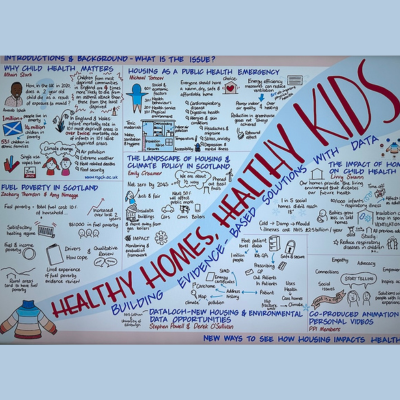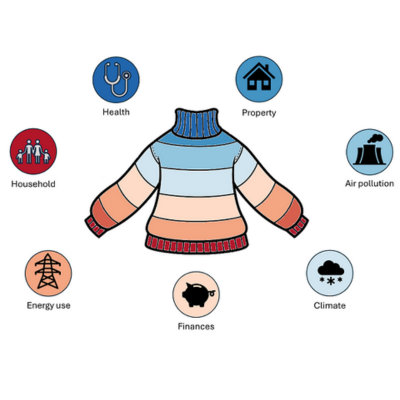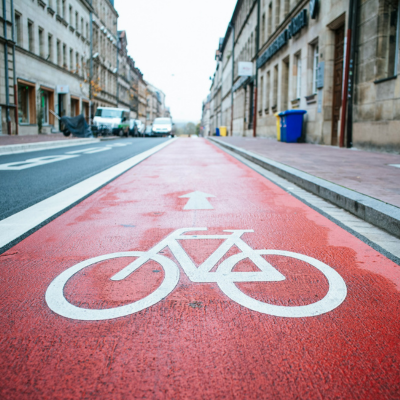5 examples of initiatives that embrace and promote smart qualities.

5 more examples of initiatives that embrace and promote the qualities that the industry stands for.
1. Transport in South Korea
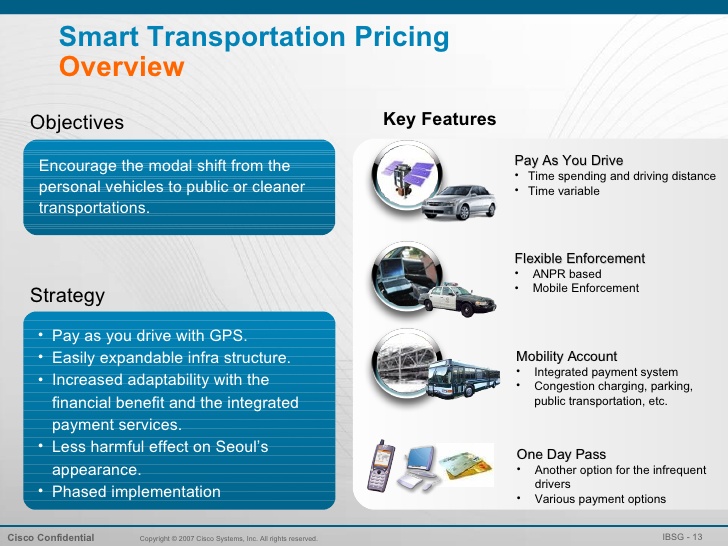
Problem - Seoul wish to, reduce the Carbon emissions from personal vehicles, decrease the traffic load on the road system, provides incentives for individuals to use more efficient forms of transportation, encourage a shift from private/personal transportation to public transport services and to improve the overall efficiency of the existing road networks.
Solution - The key features of the pilot desinged to achieve these aims include:
GPS units fitted to vehicles to monitor travel and provide feedback to the user, Mobility account which includes payment functionality/details, Operation centre, a WIFI technology base for communications and Road Side Units for the collection and transmission of data.
More holistically, the 'Smart Transportation Pricing' solution is an on going (which started in 2007/08) pilot in Seoul, which aims to expose the true cost of road transportation and seeks to apply a variable cost structure for the taxation and charging of its use.
Results - Very encouragingly, the following results have yielded from the pilot so far;
- A reduction of 13.7% in traffic volumes,
- A 5.56% improvement in the speed of vehicles,
- A 5.13% reduction in overall travel time,
- A 13.4% reduction in vehicle kilometre trip
All of which begs the question – why is this smart pilot not been matured into a permanent feature of South Korea’s transport strategy?
In short the major barrier is citizen approval. But this is only because all of the facts have not been publicly made available yet.
As is always the case with a different and changing form of taxation, citizens need to understand what they are paying for and how much it is going to cost. A report has been finalised by the administrators of the pilot and the expectation is that approval will be given and the project rolled out across the country very soon.
2. A+Arena
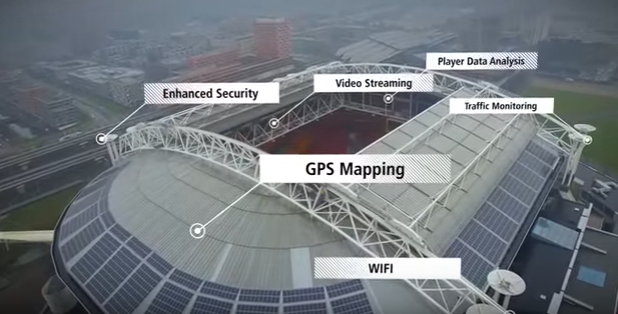
Problem - Not so much a 'problem' as a statement of intent, a 'smart' project regarding the AArena (The Netherland's largest stadium and scene of a harrowing 6-0 defeat for Scotland - but we won't go into that!) focuses specifically on modernising and improving in the following areas;
- mobility and accessibility
- energy and sustainability
- entertainment and relaxation
- safety and security
Solution - In the first deal signed with innovation partners from Amsterdam themselves, ICT solutions for crowd management and energy grids have been developed and connectivity and resources for visitors have been improved with tablets and smart phones available for use in the ground.
Results - the pilot is in its early days so far but one example of success in sustainability can be found with the installation of the second largest solar roof in the Netherlands on top of the venue. If 4,200 solar panels aren't a great sign of things to come for the stadium and surrounding area then who knows what is.
3. ChicaGo Getters
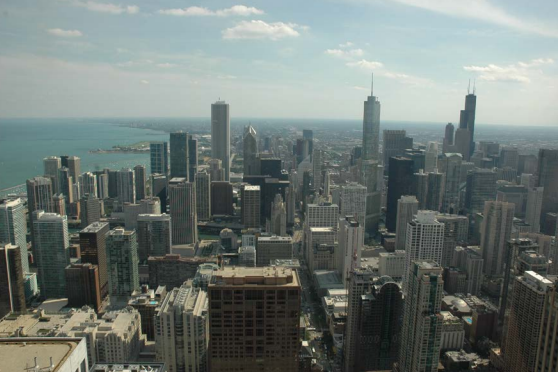
Problem - In general terms, Chicago had been shown to be ‘a little behind’ their peers in the 'Smart City' arena. For instance the city had no open data policy to speak of and there was a significant dearth of leadership and governance in this area.
Solutions - Chicago has initiated several trials and pilots, in a targeted approach to achieve ‘City–as-a-platform’, where products and services can be built on city owned resources. The Smart Chicago Collaborative is the body responsible for these projects and is comprised of the City council, the MacArthur Foundation and the Chicago Community Trust, One such project which is highly encouraging concerns citizen engagement.
Citizens should always be the primary focus and here they represent a key stone pilot as Chicago seeks to embody transparency, accountability, analytics and economic development.
There are 4 strands to the pilot:
- The City that Networks – this is a key position report that will stipulate the digital inclusiveness of the city.
- Digital Skills Initiative – this will see the establishment of a central hub, tech training will be made available across departments and agencies that get federal funding.
- Connect Chicago – this is a loose network of 250 places that make available – Wi-Fi, computer access, online learning resources and digital skills training, free of charge.
- Smart Health Centres – In low-income areas, trained health information specialists will help patients connect with their medical records and learn more about their conditions.
Results - The pilot is currently going well, yet as always there is a need for human and financial capital to ensure it’s on going success. The most encouraging 'result' however is the scale of positive development in the wake of effective governance and leadership. If you are organised, conscientious and inclusive, progress will be made.
"This is an organisation that is specifically focused on digital literacy and government efficiency and it really is proof that this outside-in approach to smart cities works in Chicago."
- Mr Tolva, previous CTO of Smart Chicago Collaborative
Read more here.
4. Kings Cross on the Right Tracks
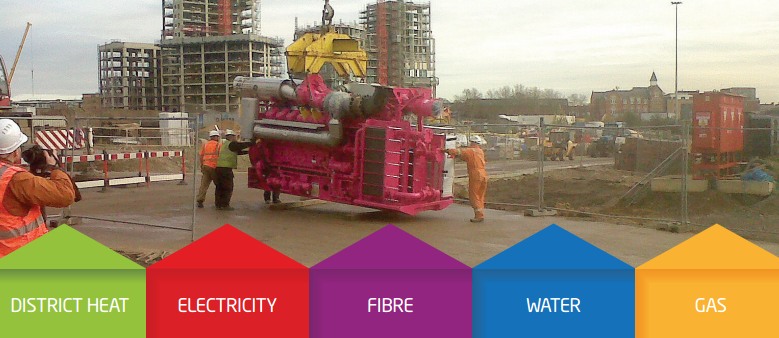
Problem - Kings Cross and the surrounding space including Regent's Canal represent one of the most run down areas in Central London.
Solution - The regeneration project at Kings Cross represents the largest of its kind in Europe. Developed as an ‘archetype for highly sustainable design and construction solutions’ the project comprises of 67 acres, hosting 20 new streets, 10 new public paces, 3 new bridges and significant enhancement of the Regent's Canal. 20 old buildings have been reused as some commentators have described the initiative as a ‘model urban community’.
Results - There is a 2-form primary school, multiple health and leisure centres as well as plans for the most energy efficient building in central London – 1 Goods Street which will operate at 60% more efficient than industry standard benchmark.
The eclectic mix of old and new architecture plays host to a variety of cutting edge, energy efficient technology including, CHP, roof mounted wind turbines, photovoltaics, ground source heat pumps and solar thermal systems to provide for every energy need the residential and commercial property could possibly have.
Kings Cross already has fantastically established 'Smart' transport links, providing great access to citizens both globally and abroad and has been dubbed ‘one of the most sustainable and energy efficient developments in the U.K’. The scheme is due for completion in 2020.
Read more here and click the link to 'case studies'.
5. Walk This Way
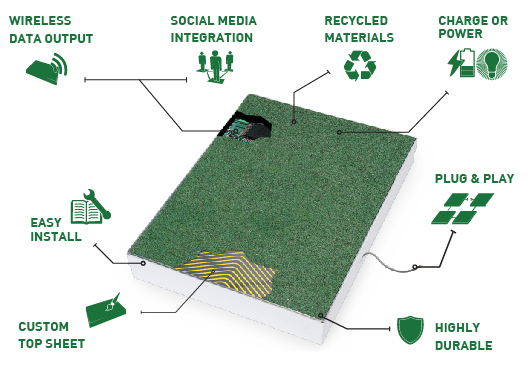
Problem - It is no secret that as our population grows and with that so does our energy use. Alternatives need to be found to cut CO2 emissions whilst maintaining and improving quality of life.
Solution - The energy problem will not be solved by 1 solution. It will be a combination of existing and to be developed technology. One such innovation comes from London company, Pavegen, who have developed a pavement/floor tile, made from 95% recycled car tyre which can convert the footsteps that fall on them into energy. Around 8 watts of energy is produced per step and 1% of that is used to power the wireless capability of the tile which in turns sends data and information for analysis.
Results - 12 tiles were installed at the London Olympic Park. Over the course of the games 72 million joules were produced, enough to power the lights at nearby West Ham station for 5 hours a night. Tiles at the Paris marathon generated enough power to light up a village in a developing nation for a day. The tiles have also been installed in schools and work places, with one office installing some in their main entrance and making the data freely viewable by workers.
The initiative has come in for slight criticism that it doesn't generate enough power - but it is part of the solution, not the whole thing, and with that in mind it lends a fantastically innovative 'helping hand'.
